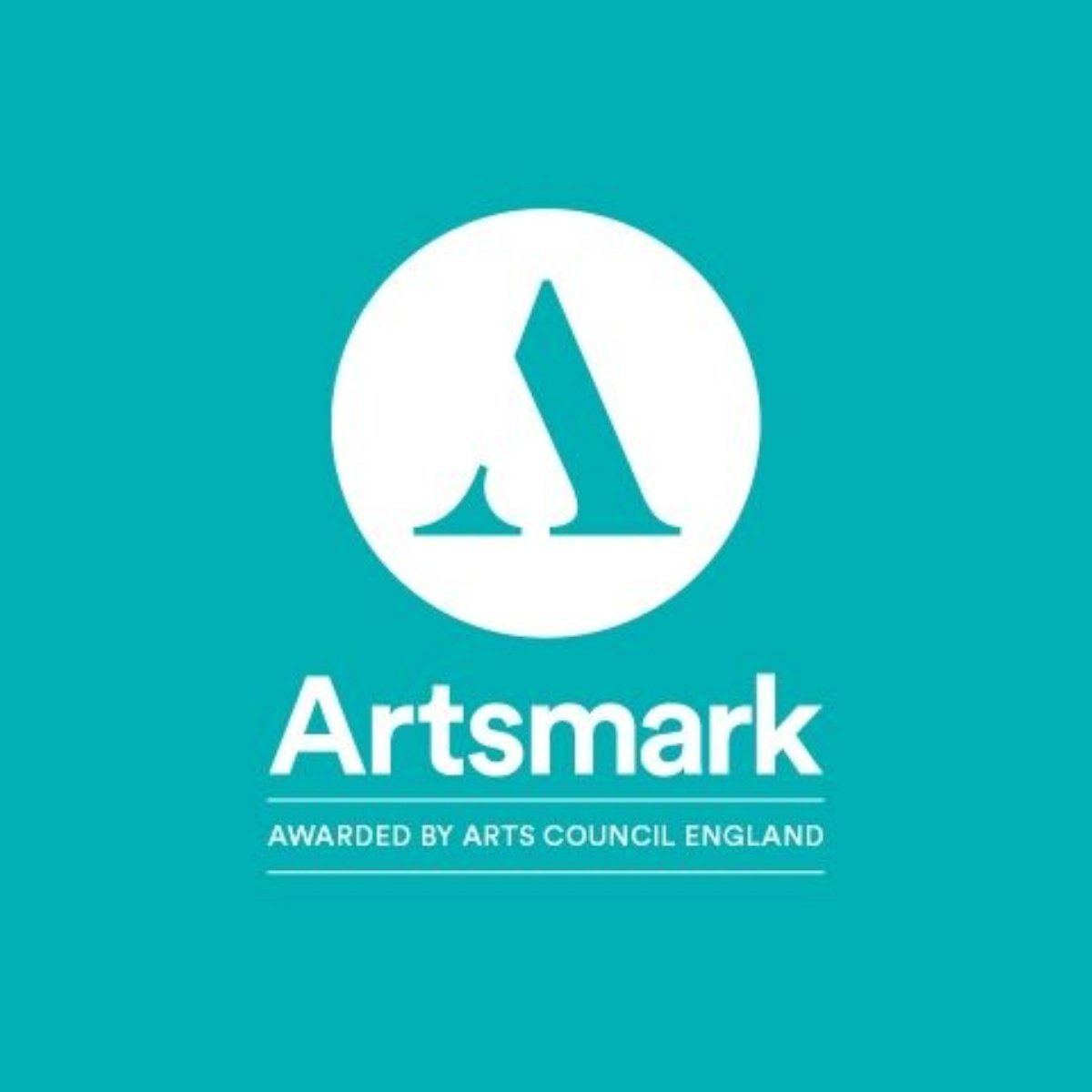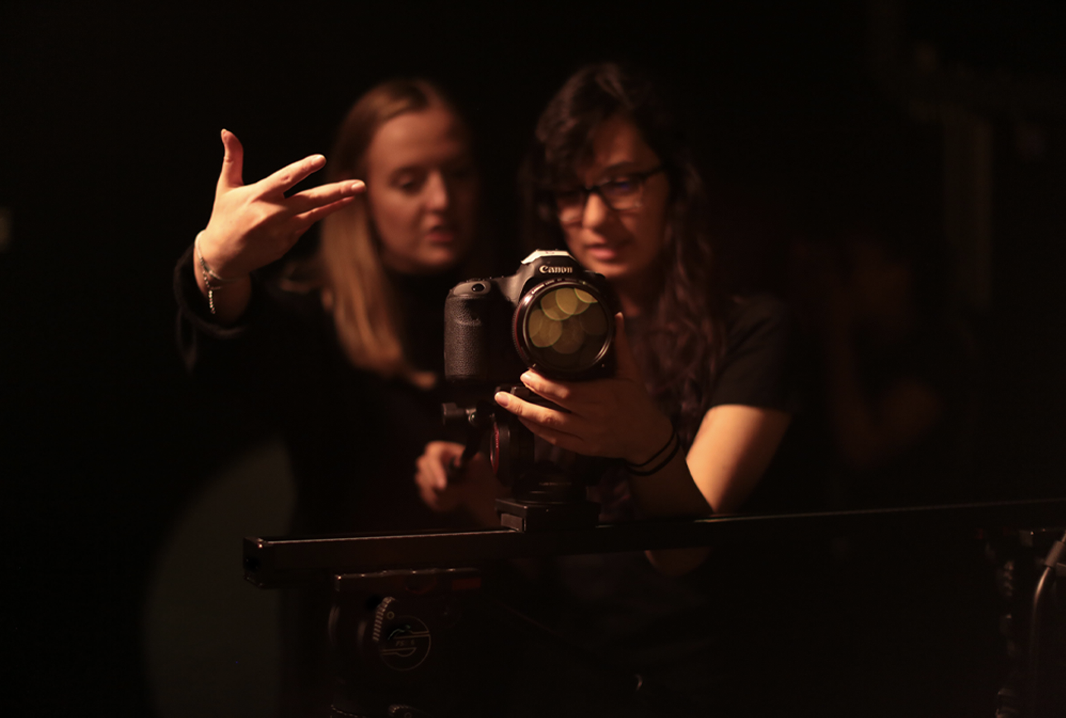Our Artsmark Journey
I was recently invited to write an article for Arts Council England outlining the impact of, and the lessons learned from, our Artsmark journey. If you can be bothered to scan through my old blog posts, you’d see that we submitted our application for Artsmark accreditation two and a half years ago! The process was ‘slightly’ disrupted by a ‘minor’ global pandemic. Anyway, we completed the Artsmark journey this September 2022. We are waiting for our accreditation and (assuming we are successful) I will update you as soon as we hear. In the mean time, I was invited to write an article. Unfortunately for me and my love of adjectives, I was limited to a maximum of 800 words, which means I had to leave out loads of good stuff! So I have published my full version here (‘director’s cut‘ if you will). It’s been a great journey and the achievements have been very considerable. Thanks as ever for all your contributions.
ESA’s journey to Artsmark
Almost 10 years ago, Elstree Technical College opened with a worthy and ambitious plan to be a new kind of specialist school for the creative arts. Like a lot of new academies, it opened with a lot of ambitious rhetoric and impressive intentions. Smart branding, photographs of shiny facilities and superlative buzz words like ‘radical’, ‘innovative’ and even ‘revolutionary’ were stuffed into glossy prospectuses and splashed on swishy websites. The vision was certainly exciting and many of those who launched the school believed passionately and sincerely in the need for educational innovation and in the potential of this new creative college to invigorate and inspire young people through an education in applied arts. The dream was all good but like a lot of start-ups, the reality was challenging and early obstacles thwarted the immediate success of this brilliant educational experiment.
In 2016, Elstree Technical College had to begin a process of necessary evaluation and reinvention. Whilst the dream remained golden, the strategy had been backwards - it had started with style rather than content. The staff and students were craving honesty and action not varnish and glitter… had we become a creative communications college without a message? We needed to consider the ‘why’ at the centre of our creative vision rather than focussing on the flashy branding and buzz words. With the support of creative partners like the Royal Opera House Bridge and the RSA, we began to encounter robust and well researched content about cultural education. I read ‘What’s the point of School’ [Claxton], ‘Creativity: Why it Matters’ [Henley] and then ‘Educating Ruby’ [Claxton & Lucas], the latter of which I bought 50 copies of and gave one to every member of staff. We started to define together what creative culture meant to our community, our young people, our staff and partners.
The next three years saw our school establish a firmer identity as a creative academy providing specialist and applied education and training in the crafts, trades and technical disciplines which underpin the creative arts industries. By 2019, we were Elstree Screen Arts Academy and we were seeking to establish a clearer framework for high quality cultural learning and to establish partnerships that supported cultural leaning beyond our own school campus - into our families, our industry and our local community. We wanted to ensure the quality of cultural learning through a structured development plan and become advocates for the value of applied creative learning more widely across the education sector. This is the point at which we began our Artsmark journey.
Although a little disrupted by a global pandemic, our Artsmark journey has been rather remarkable. We have found our thing… we know that we are up to something. Following the creation of our strategic cultural education plan, we are seeing impact.
Student attendance has significantly improved, especially with persistent absentees where we have seen some startling results in re-engaging youngsters who had become school refusers in their previous experience of education. Behaviour has drastically improved too as we have embraced a more ‘connected’ and relational approach to pedagogy based around the ‘7Cs’ of Creativity, Confidence, Curiosity, Compassion, Communication, Commitment and Craftship, inspired by ‘Educating Ruby’ [Claxton and Lucas] and slightly adapted to our context.
As a school with a disproportionately high number of students with social, emotional and mental health issues, we have seen our culture curriculum inform our pastoral support programme so that our young people are developing their ability to mindfully reflect, build resilience and foster self compassion.
We have used our Artsmark intentions to galvanise collaborative commitment to increasing access to the creative industries for young people currently under represented in the creative sector and those from disadvantaged backgrounds. In 2021 we partnered with ScreenSkills and the BFI to become a UK Centre for Screen Excellence, delivering traineeships to diverse young people providing placements directly in the creative industries. We established an academy partnerships board with members from Sky and Stage Fifty and now also work with industry partners including BBC, Netflix, Elstree Studios, Universal Production Services and Panavision to provide training and creative, inclusive employment opportunities for diverse young people. In 2022, Challenge Partners identified ESA as a centre of national excellence for “Industry partnerships and project-based creative learning and training”.
We have also launched our own in-house media content production company, which works with student crews to produce industry quality content for a range of professional client partners including Apples and Snakes, Sky Studios, The National Portrait Gallery and our Local Enterprise Partnership. These connections have also enabled us to host the Elstree Film Festival, providing opportunities for children across Hertfordshire to discover filmmaking. 23 primary and secondary schools participated. Another highlight was the film project we worked on with Trestle Theatre and three local primary schools to support year 6 students to process their worries and concerns about transition into ‘big school’ by making short film productions. For this project we selected our student crew from ‘vulnerable’ students who had struggled themselves during the transition into secondary school so that students were able to engage in mentoring alongside creative production.
What did we learn?
In two and a half years of Artsmark journey, we have become a more confident and articulate school with a more honest and realised creative vision. We are better balanced with both meaningful content and vibrant style. If I were to try and extract the key moments in our journey to offer as ‘helpful hints’ to other school leaders exploring ways to develop cultural learning in their schools, I would say:
Find and clearly define your definitions of creativity and culture. Find a shared framework together that your students and staff can collectively own. Creative education can’t be too woolly or it will be hard to embed quality.
Once you have your shared creative framework - put it into your curriculum. Get all subjects embedding the cultural learning into all their plans and sharing pedagogical practice informed by your collective commitment to creative education. Have the roll out of your creative framework in your school development plan so that it is central to your CPD calendar and as a standing agenda item in line management and department meetings.
Say yes more than feels comfortable. Punch above your weight… stay safe but take partnership risks. Agree to projects that seem slightly beyond your comfortable capacity. Look outwards and connect up with mutual collaborators.
What’s next?
In the spirit of saying yes and taking risks, we are hoping to develop our scale of production and increase access opportunities beyond our own school role. We are hoping to further establish ESA Productions as a competitive, commercial production company.
We also want to develop the range and quality of creative careers advice to support other schools (who may not have our specialism) to be more aware of cultural opportunities for young people across the creative arts sector.
But first, we’ve just landed a brief to produce a short film for the police, raising awareness of online exploitation risks for teenagers, so we’ve got a story to write, a script to develop and then a film to produce. We’re also wondering about producing an original 7 part animation boxset based on the 7Cs… although first, we’ve got GCSE and ALevel mock exams next week!








